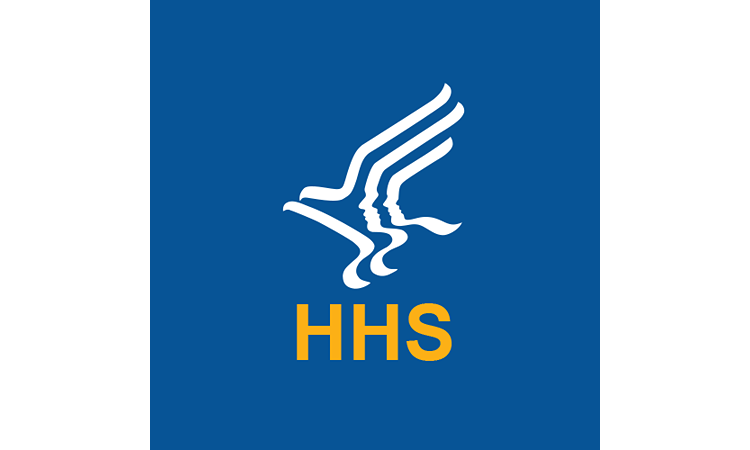Nov. 12, 2012 – Although the re-election of President Obama creates stability in some areas – e.g., The Affordable Care Act moves forward and most political appointees extend their stay – there are renewed challenges that warrant industry attention post-election, according to John Kamp, Executive Director, Coalition for Healthcare Communication.
Addressing staff stability, Kamp explained that the leadership of the Department of Health & Human Services (HHS) – Secretary Kathleen Sebelius – and the Food and Drug Administration (FDA) – Commissioner Margaret Hamburg – will continue at their agencies’ helms and that key staffers in the Center for Drug Evaluation and Research (CDER) also will continue in their current roles.
“The most important career staffers are likely to stay. These include CDER Director Janet Woodcock and John Jenkins, head of CDER’s Office of New Drugs,” Kamp said. “In addition, Rachel Behrman, who supervises the Office of Prescription Drug Promotion, also is expected to remain, which means that major changes in OPDP staff and policies are unlikely.” He also noted that the Sunshine Act rules implementing the Affordable Care Act should move forward quickly now, “likely by the end of the calendar year.”
However, in spite of many familiar faces running the key health agencies, Kamp advised industry to be wary during the “lame duck” session. “Without a deal on the ‘fiscal cliff,’ the sequestration of government funds could cause huge layoffs throughout the government, including CDER,” he warned. “Meanwhile, any stop-gap fundraising effort could revive the call to change the deductibility of marketing costs.”
Neither of these outcomes would benefit industry, and even if a short-term solution is found to prevent the fiscal cliff, “the larger debate on the reform of the corporate tax code is likely to begin in earnest in 2013,” Kamp predicted.
With Democrats retaining control of the Senate, industry also should expect continued pressure to create new privacy protections that could interfere with digital marketing programs. Kamp expects to see new legislative proposals to limit marketing use of data collected online from Senate Commerce Committee Chairman Jay Rockefeller. On the bright side, two major industry supporters –
Sen. Kirsten Gillibrand (D-N.Y.) and Sen. Claire McCaskill (D-Mo.) – won their re-election bids.
Privacy legislation is less of a threat from the Republican-controlled House Commerce Committee. That committee’s leadership, which strongly favors the self-regulatory program supported by the Coalition, will see few House Member or staff shifts. However, Kamp warned that “senior staff members at the Federal Trade Commission and the Department of Commerce who favor privacy rules are expected to remain in control.”
Importantly, what has not changed post-election is the size of the federal deficit, which looms large. “The search for ways to save government dollars, especially healthcare expenses, will pervade virtually all policy decisions in the weeks and months to come. Industry must be wary of proposals to reduce drug costs by demanding industry rebates, as well as possible limits on the deductibility of health communication and marketing expenditures,” Kamp said. “Both our clients and us are likely to be called upon to defend existing policies.”



